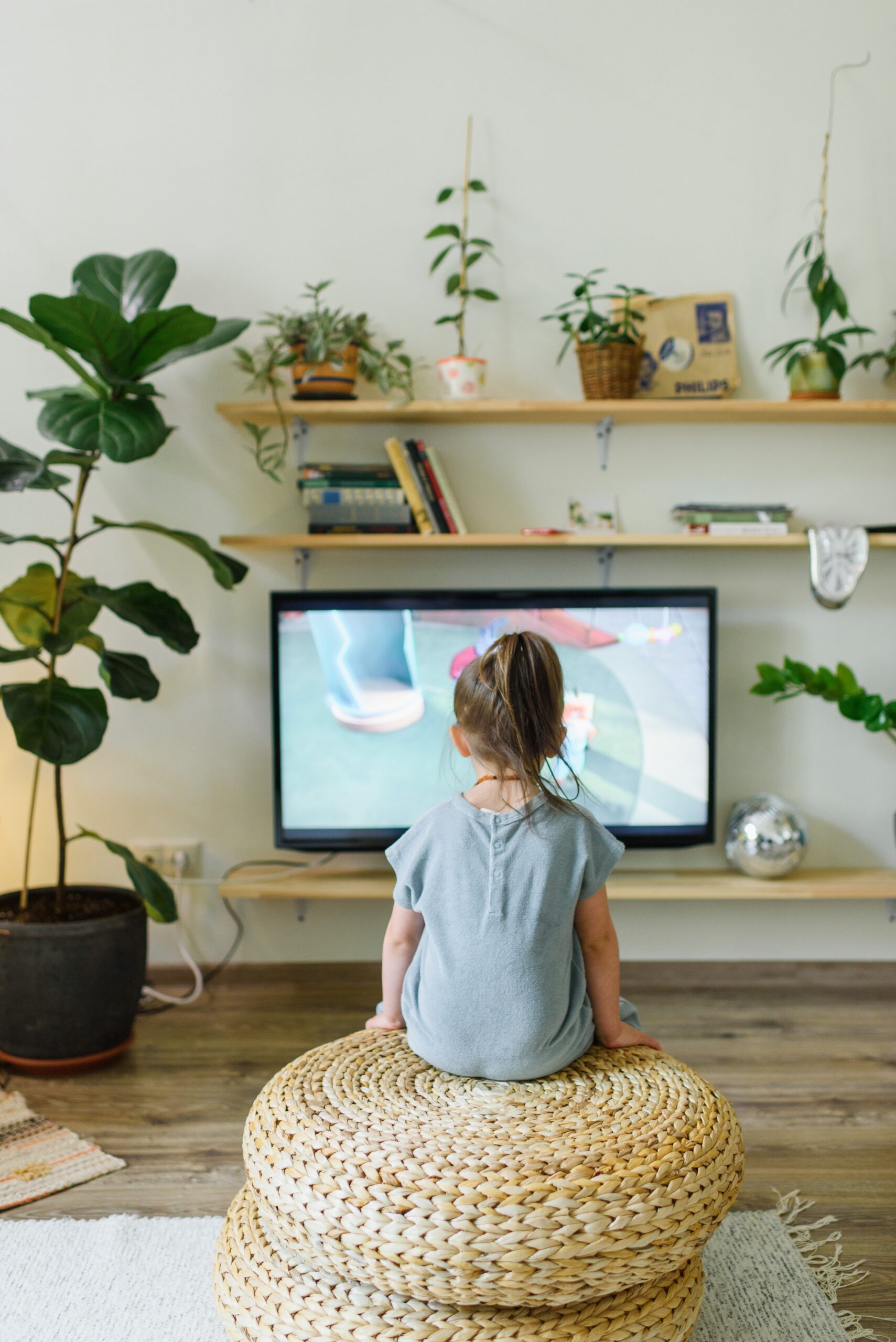Children today are experiencing a mental health crisis. This is affecting children even under two years of age.
The problem is that digital media and screens are available in every home. This can be beneficial, but excessive screen time has been associated with a number of negative physical, behavioural, and cognitive outcomes in children.
has been associated with a number of negative physical, behavioural, and cognitive outcomes in children.
Children 0-8 years of age
A study of children 18 months and younger was carried out in 2019 in order to determine why, by school entry, one in four children shows defects and delays in developmental outcomes, such as language development, communication, motor skills, and/or social emotional health. As a consequence, these children, when beginning school, are inadequately prepared for learning and academic success.
This study was published in the Journal of the American Medical Association (JAMA) Pediatrics (March 2019). It was the first study to provide evidence of the connection between screen time and poor performance and development leading to difficulties in learning.
A later study, published in JAMA – Pediatrics in 2022, found that allowing “infants to watch tablets and TV…impairs academic achievement and emotional well-being later”. The study found that children, at ages one to eighteen months, who had early and extensive exposure to screens, later had a weaker executive function as they matured.
This was also the finding of the Developing Child Group at Harvard University which found that “executive function and self-regulation skills” (also called high order cognitive skills) are the mental processes that allow individuals to plan, focus attention, remember instructions, and juggle multiple tasks successfully. The study concluded “every hour of increased screen time in infancy was associated with decreased measures of attention and executive function at age nine”. In other words, an infant and then toddler whose brain is shaped by watching the instantly changing screen is less likely to thrive in school. Learning is much more difficult for them because of their lack of skills to perform reasoned thinking.
The Necessity of Parental Engagement
Emotional development can be stunted when parents park their children in front of a screen. Children need parental engagement. Child-adult relationships build a strong foundation in a child’s brain for all future learning and development. Simply put, emotional well-being in the child from birth to the age of eight requires that they experience, regulate, and express emotion, which is formed by close, personal relationships. Experiencing the environment in the close context of family enables children to later learn and conserve letters and numbers, and how to share. In other words, there is no substitute for consistent interaction between the child and his/her parents for healthy, social, and emotional development rooted in nurturing and responsive relationships.
Mental Health of Adolescents
Teen anxiety and depression have sky rocketed. This appears to be associated with teens’ addiction to social media. It is creating a loneliness epidemic which affects health teens by creating unhealthy behaviours, such as smoking, physical inactivity, sleeplessness, and isolation at home. A 2021 Statistics Canada survey found nearly one in four young people, aged 15-24, feel lonely, and this finding is matched in other countries. This problem is so severe in South Korea that the government is paying $500 USD each month to young people to get them to go out in society, find work, or return to school.
According to research, loneliness in teens is largely due to social media, which make many young people feel isolated and left out. They acquire the impression that others are living better lives than they are. Also, social media technology prevents young people from seeking real-life interactions. A UK study in 2018 found the more young people have “online-friends”, the more they experience loneliness and the more intensely they experience it than those in other age groups.
Teenage girls, in particular, are uniquely sensitive to the judgement of friends, teachers, and those in their digital relationships. Social media seem to increase this sensitivity and drive obsessive thinking about body image and popularity, which intensifies anxieties and depression.
Social media also replace other activities that can break the loneliness cycle. Today’s teens spend more than five hours daily on social media, and this habit is displacing beneficial activities, such as sleeping, going out with friends, obtaining their driver’s license, or playing sports.
Increase in Teen Suicides
The US National Center of Death Statistics has reported that suicide was the leading cause of teen death in 2020, accounting for 12.5% among children under 12 years of age, and 31.4 % among adolescents. According to Statistics Canada (2021), youth, aged 15 to 30, were more likely to report suicidal thoughts than those in other age groups. Suicide is the second leading cause of death of those 15-35 years of age.
Conclusion
We are experiencing an unprecedented mental health crisis in our teen-age population. It is critical that parents not allow their role in their children’s lives to be superseded by technology. Society’s resources must also be readily available to provide for the mental health needs of our children in order to alleviate the prevalence of anxiety and depression among them.
